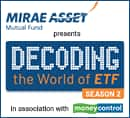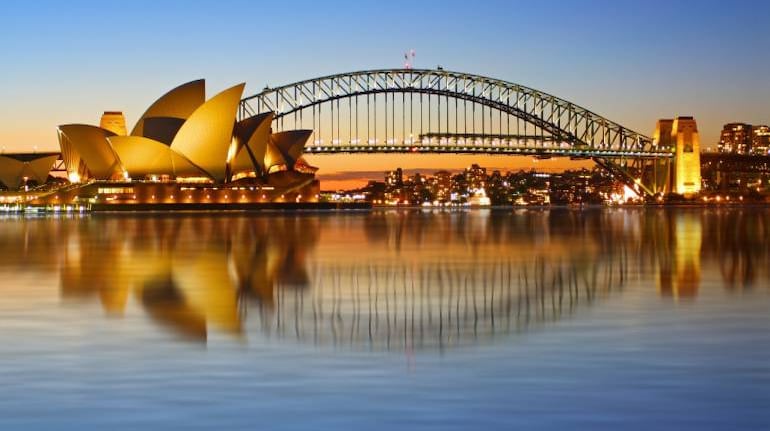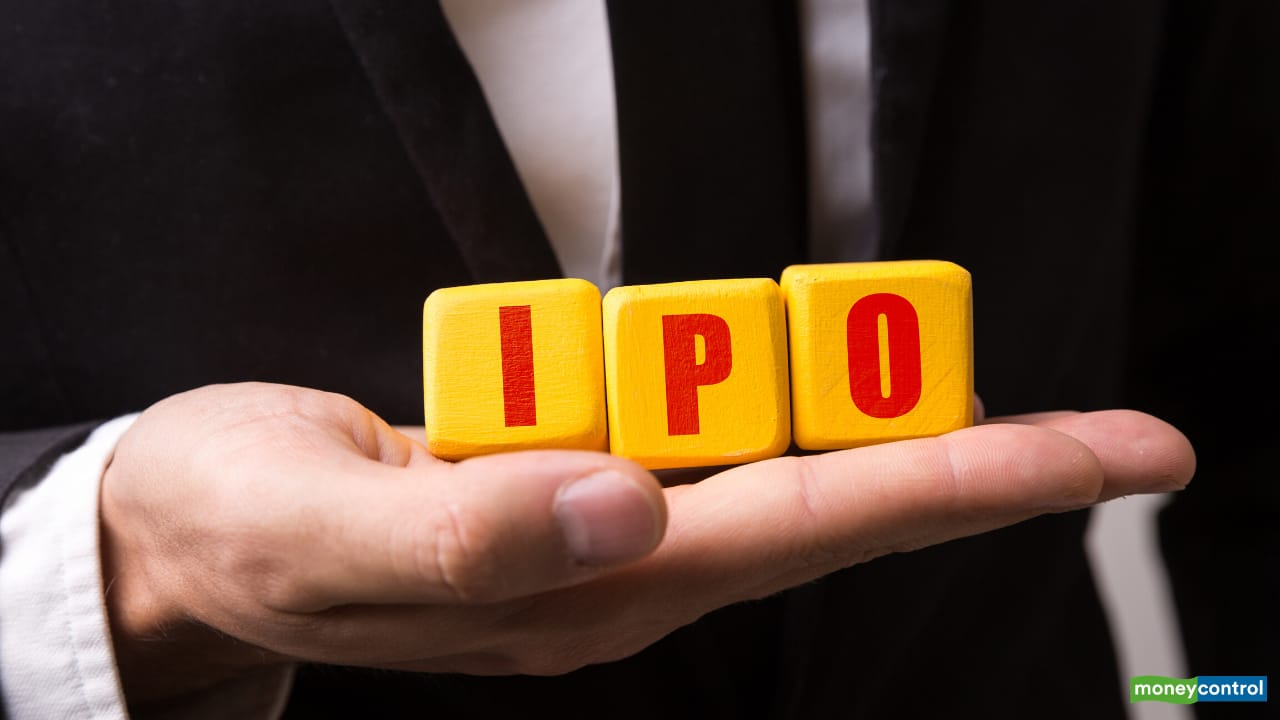- Home
- Moneycontrol PRO
- Markets
- News
- Portfolio
- Mutual Funds
- Personal Finance
- Forum
- Media
- Invest Now
- Subscription
- HOME
- INDIAN INDICES
- STOCK ACTION
- All Stats
- Top Gainers
- Top Losers
- Only Buyers
- Only Sellers
- 52 Week High
- 52 Week Low
- Price Shockers
- Volume Shockers
- Most Active Stocks
- GLOBAL MARKETS
- BIG SHARK PORTFOLIOS
- ECONOMIC CALENDAR
- MARKET ACTION
- Dashboard
- F&O
- FII & DII Activity
- Corporate Action
- EARNINGS
- CURRENCY
- COMMODITY
- OTHERS
- Bonds
- Cryptocurrency
- Tools
- SPECIAL
- Trends
- Latest News
- Opinion
- TECHNOLOGY
- Personal Tech
- Auto
- Fintech
- MEDIA
- Podcast
- Slideshows
- Infographics
- Videos
- EXPLORE
- Home
- Investing
- Insurance
- Banking
- Financial Planning
- Property
- Tools
- Video
- Ask Expert
- Explainer
- Tax Filing
- NPS
- VIDEOS
- Homepage
- Videos on Demand
- Coffee can Investing
- Ideas for Profit
- Commodities@Moneycontrol
- In focus with Udayan Mukherjee
- 3 Point Analysis
- Technical Views
- Reporter`s Take
- Explained
- Political Bazaar
- Editor`s Take
- Millenial Pulse
- Modi Government Report card
- INVEST IN DIRECT MUTUAL FUND
- Invest in Direct Mutual Funds & New Fund
Offer (NFO) - Invest In MC 30
- INVEST IN CRYPTOCURRENCY
- Invest in Bitcoin and Altcoin
- Live Cryptocurrency price section
- Learn. Excel. Invest
- INVEST IN CURATED STOCK & ETF PORTFOLIOS
- Invest in smallcases
- Top and trending managers
- GLOBAL INVESTMENT
- Invest in U.S. Stocks From India
- Invest in Stacks (Expert curated portfolio using
U.S. Stocks)
My Account




























